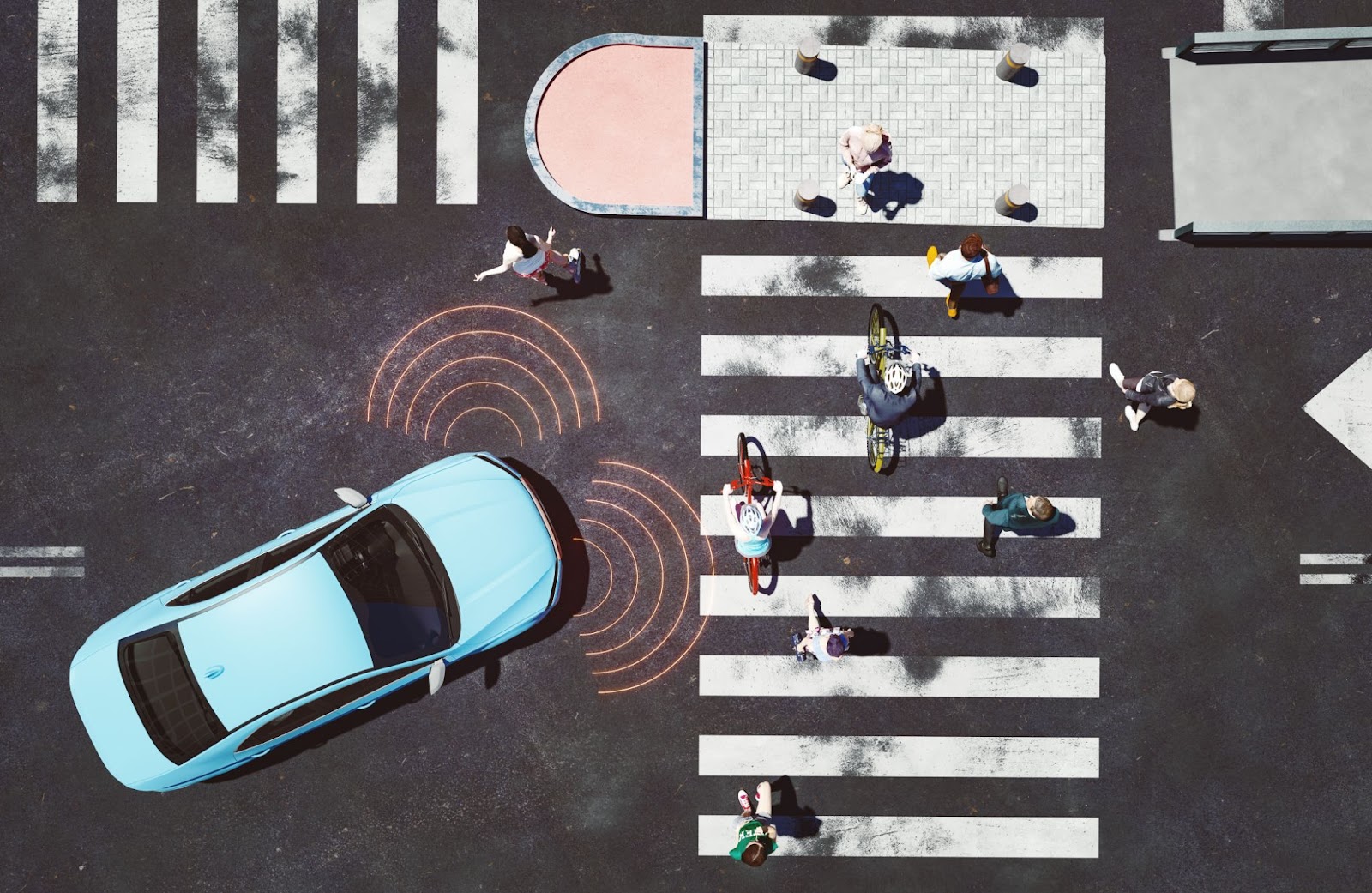
Hurt In An Autonomous Vehicle Accident? Here’s How A Lawyer Can Help
Self-driving cars are quickly becoming a reality on our roads, offering convenience and a glimpse into the future of transportation. But as exciting as this technology is, it’s not without its challenges. Accidents involving autonomous vehicles can leave victims feeling confused and unsure about what to do next. You might be dealing with medical bills, lost time from work, and the emotional toll of the accident—all while navigating unfamiliar territory with insurance claims and complex liability issues.
If this sounds overwhelming, you’re not alone. Autonomous vehicle accidents introduce legal and technical complications that are far from ordinary. That’s why having an experienced lawyer on your side can make all the difference. Let’s explore how legal expertise can help you take control of the situation and secure the compensation you deserve.
Unique Risks of Autonomous Vehicles
While self-driving cars are designed to reduce human error, they’re not immune to accidents. Autonomous vehicle technology brings with it a host of unique risks that can lead to serious accidents.
Over-Reliance on Technology
Autonomous vehicles often lull drivers into a false sense of security, leading to dangerous levels of inattention. The National Highway Traffic Safety Administration (NHTSA) reports that vehicles with Level 2 automation, which still require driver supervision, have been involved in over 500 crashes between July 2021 and May 2022. This over-reliance on the system leaves drivers ill-prepared to intervene when necessary.
Human-AI Interaction Issues
Humans and autonomous vehicles interact in unpredictable ways. For example, a self-driving car strictly follows traffic laws, but human drivers may not anticipate such rigid behavior. The Federal Highway Administration (FHWA) has noted that these interactions increase risks in urban areas, especially at intersections.
Complex Traffic Environments
Beverly Hills, with its dense urban layout, presents challenges that can overwhelm even advanced autonomous systems. Sudden pedestrian movements, construction zones, and non-standard driving behaviors by other road users can confuse self-driving cars, leading to accidents.
Cybersecurity Risks
Self-driving vehicles rely on connected systems, making them vulnerable to cybersecurity threats. The U.S. Department of Transportation has warned that hacking incidents could compromise critical functions, leading to catastrophic failures. Protecting against these threats requires rigorous software and hardware safeguards, which are not always foolproof.
Challenges in Determining Liability
Determining fault in an autonomous vehicle accident is far from straightforward. Traditional car accident liability typically involves two parties: the drivers. But autonomous vehicle cases can involve multiple entities, including:
- The Vehicle Owner or Operator: If they failed to take control when required or improperly maintained the vehicle.
- The Manufacturer: If a design flaw or manufacturing defect contributed to the accident.
- Software Developers: If programming errors or inadequate algorithms cause the failure.
- Maintenance Providers: If the sensors or systems were not serviced correctly.
California’s Department of Motor Vehicles (DMV) states that self-driving cars must operate under a permit program, which includes mandatory reporting of crashes. These reports can provide critical evidence but require expert analysis to interpret. At Etehad Law, we know how to navigate these reports to build a compelling case.
How a Lawyer Can Simplify the Legal Process?
The legal framework around autonomous vehicles is still evolving. California’s DMV requires autonomous vehicles to meet strict safety standards under its Autonomous Vehicle Deployment Program. A knowledgeable lawyer will ensure your case aligns with these requirements.
Autonomous vehicle cases often involve technical details that require input from experts. Lawyers work with automotive engineers, software analysts, and data scientists to reconstruct accidents and determine faults.
Self-driving cars generate large amounts of data, including sensor logs and algorithmic decisions. Interpreting this data is crucial to proving fault. According to the National Transportation Safety Board (NTSB), data from vehicle systems played a key role in understanding major crashes involving autonomous vehicles.
Each case is unique. Whether the accident involves a software failure, human error, or external factors, your lawyer will craft a tailored approach to secure the best outcome.
Types of Compensation You Can Claim
If you’ve been injured in an autonomous vehicle accident, you may be entitled to various forms of compensation:
- Medical Expenses: This includes both immediate medical bills and long-term care for injuries caused by the accident.
- Rehabilitation Costs: Compensation for physical therapy, occupational therapy, or counseling needed for recovery.
- Emotional Trauma: Accidents involving advanced technology can cause significant emotional distress, including anxiety about returning to the road.
- Economic Losses: Lost wages, diminished earning capacity, and other financial impacts can be covered under your claim.
- Pain and Suffering: Compensation for the physical and emotional toll of the accident.
The Legal Evolution of Autonomous Vehicle Cases
Autonomous vehicle laws are still catching up with the technology. Recent lawsuits have begun to set legal precedents for determining liability in these cases. For example:
In a 2018 incident involving Uber’s autonomous vehicle, the company settled with the victim’s family after the car struck and killed a pedestrian in Arizona. Cases like these highlight the complexities of proving fault in accidents involving self-driving cars.
Keeping pace with these changes is essential. At Etehad Law, we stay informed about evolving regulations and rulings to ensure we provide cutting-edge representation.
Why It’s Crucial to Act Quickly
Digital evidence, such as sensor data and GPS logs, is critical in autonomous vehicle cases. However, this data may only be stored for a limited time before it’s overwritten. Federal regulations under the National Highway Traffic Safety Administration (NHTSA) require data retention for investigation, but delays can risk losing crucial information. In California, personal injury claims must be filed within two years of the accident. Waiting too long can result in losing your right to compensation.
Why is Etehad Law the Right Choice?
When dealing with the complexities of an autonomous vehicle accident case, you need a law firm with expertise in this emerging field. Based in Beverly Hills, Etehad Law specializes in handling personal injury cases involving cutting-edge technology.
Our firm stands out for its:
- Proven Track Record: We’ve secured significant settlements and verdicts for clients in technology-driven cases.
- Commitment to Clients: We prioritize your needs, offering personalized attention and clear communication throughout the process.
- Technical Expertise: We collaborate with industry professionals to build strong, evidence-based cases.
Conclusion
Autonomous vehicle accidents present challenges that require legal expertise to navigate effectively. The evolving nature of these cases demands a deep understanding of both technology and law. If you’ve been injured in an autonomous vehicle accident, acting quickly and securing professional legal representation is essential.Contact Etehad Law today to schedule a free consultation. Let us help you understand your rights, preserve critical evidence, and secure the compensation you deserve.


